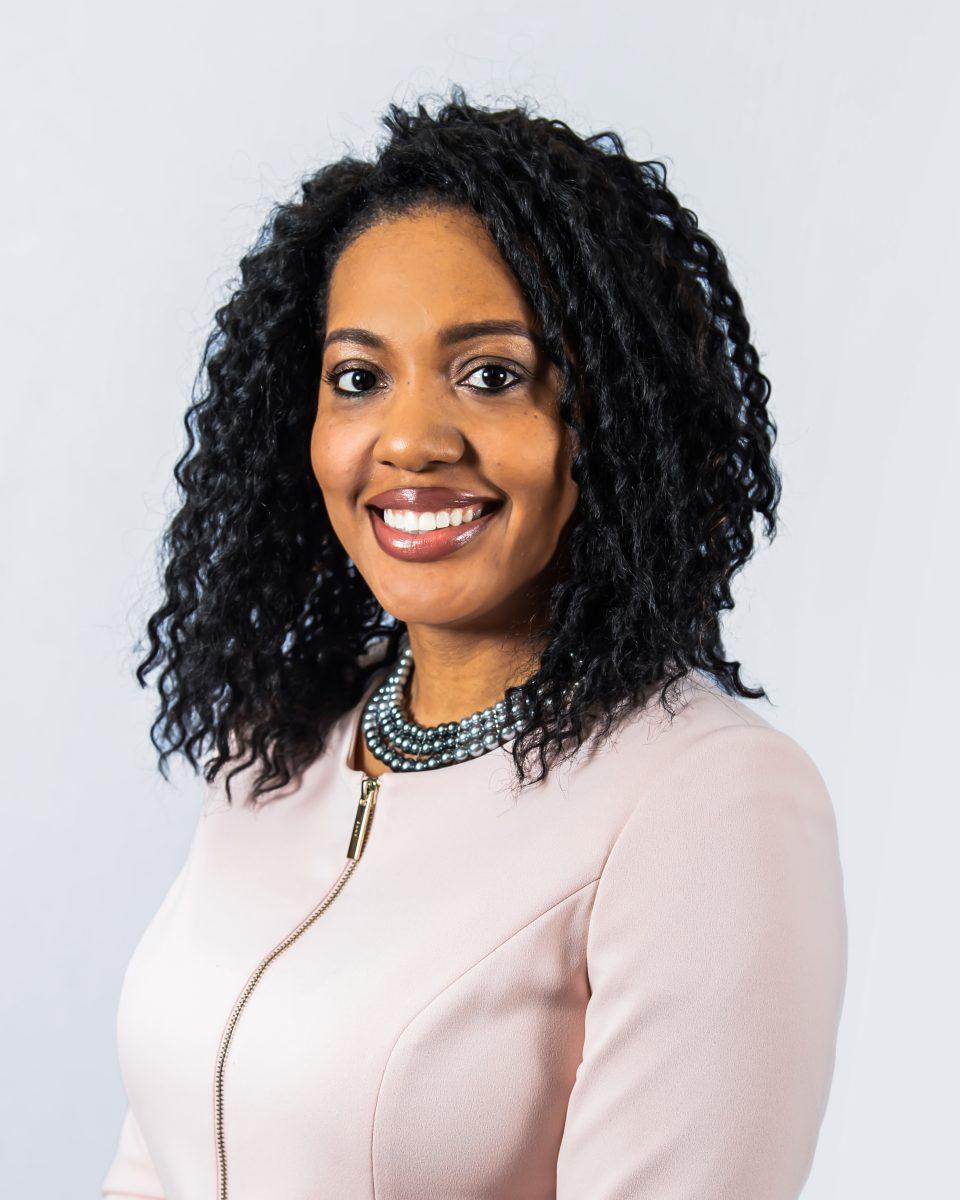Zenobia Hargust, Ph.D., has been appointed as the new Chief Human Resources Officer (CHRO). Hargust spent the last seven years at Swarthmore College as the Director of Equal Opportunity & Employee Engagement and Deputy Title IX Coordinator.
In an April 5 email to students, faculty and staff, David Beaupré, Vice President for Finance and Administration & Treasurer, announced that Hargust would officially join Hawk Hill on June 3.
The Hawk spoke with Hargust to learn more about her and to hear about her vision for St. Joe’s.
What do you see as the role of a Chief Human Resources Officer at an institution of higher learning, specifically a Jesuit institution?
In working in higher education, I think it’s important that we remember that we are learning organizations, not only for our students, but also for the faculty, staff and administrators that are working within that institution. We are constantly learning and evolving ourselves as well as developing the students who are going to go out to the world and make significant contributions. We are continuing to grow in our disciplines and also engage in this learning laboratory environment where we’re learning from the students who are bringing a very different perspective.
What aspect of your experience as director of Equal Opportunity & Employee Engagement and Deputy Title IX Coordinator has helped you prepare to be a CHRO?
What has really prepared me for this role, specifically at St. Joe’s, and understanding some of the desires for open communication and transparency, my experience in open and collaborative communication with various and diverse campus and constituency groups has really prepared me to have some of these critical conversations that are necessary for the campus right now. Helping people to understand their role, collaborating in the decision making process that’s going to get us there.
What strategies will you implement as CHRO in order to address issues of diversity, representation and equity in personnel?
I spent a majority of my career in human resources thinking about the ways in which HR can champion equity, access, inclusivity, and that also translates over to recruitment and retention efforts. I’d hope to be able to spend some time examining that closely at St. Joe’s and thinking, in partnership with the provost’s office and with the HR team, thinking through the ways in which we can make opportunities at the university more accessible to underrepresented communities and support those communities through being able to access opportunities at the university. A lot of times that is the issue. The talent is out there, there are ways in which we can diversify, but you have to put some energy and intentionality around that and make sure that the support is there, so that people not only have access to the opportunities and are able to go through whatever the search and selection process might be, but also once they enter into the institution they have the support, the mentorship to be able to thrive and be successful in the community.
In the fall semester, there were campus-wide protests after a racist incident was reported in a student residence. Social justice and institutional racism have become part of the national conversation, and now, at St. Joe’s. How do these conversations impact the Human Resources office?
When a campus community is facing these types of issues, whether it be things that are based on race or gender or any other social identity, and students are impacted, it doesn’t exclude the other constituency groups of a community from being impacted. Faculty, staff members, administrators are also impacted by the events that happen on campus. There is a voice in the conversation about how we are going address these types of issues, how we’re going to move to a place of resolution and how we’re going to prevent further issues from occurring in the future. There’s a voice in that conversation for all members of the community.
How do college campuses have productive and substantive conversations about race and racism?
That’s an ongoing conversation that needs to happen. We need to continue to challenge ourselves to do our own work that we need to do to understand our own bias, our own challenges and come to that conversation. Come to that conversation with a level of openness and courage that allows us to continue to learn from one another. Because we’re coming to these conversations with our own experiences, our own challenges that we’re working through, our own bias that can be unconscious or implicit, we need to come to those conversations in a way that allows us to be vulnerable enough to address that and to be able to learn from one another.













































